A New Year, A Better School.
The e-learning program is stronger, more stable than ever. It will span over two-weeks, and it is a project that will encompass the entire school. There will be sharing sessions and training, so teachers learn how they must use the technology to enhance the class. We ask ourselves how this e-learning program could possibly be used to improve our classes. Specifically, there are three phases for every class in the e-learning program. First is the phase before the class – what can we do to prepare students for the lesson? Then comes the phase during the lesson – how can we discuss what we have learnt? And finally the third phase, of course, after the class – how can we further explore or review what we have understood?
This is the twenty-first century, and teachers have been teaching for ages. However, they used to have an absolute monopoly on knowledge – I am the one who has the knowledge! But now it’s not so much like that, is it?
Sometimes certain sites on the internet are more powerful and up-to-date than what teachers have. Thus, now they can use the facilities and further improve their method of teaching. They are teaching and getting feedback, as we are not changing the entire process but only enhancing it, using technology to give classes an added value.
I always remind the teachers, “don’t do it for the sake of doing it, and if you don’t need to, skip it”.
You can see the technological changes in culture everywhere; even in newspapers. You can sense the difference between news on the internet and traditional newspapers. The news articles on the internet have a larger chance of being untrue, and they usually summarize the information for a quicker and more direct read.
However, the traditional newspapers – as you can see – are longer, more detailed and vast.
This is why I still encourage students to read the old-fashioned newspapers.
Taking on Responsibility
We cannot stop improving. Everyone must be aware of the importance of having feedback, and drawing responses. In the long-term, we would like to formally incorporate this e-learning into the curriculum, into the scheme of work. Laptops or tablet will be mandatory. Of course, we still need to overcome the limitations of our internet connectivity, so we are looking at the possibility of an intranet, which should be able to support all our students’ connectivity issues. What I am more concerned about, mainly, is about user responsibility. This is why we are taking the disciplinary and security measures very seriously like blocking students from certain sites, tracking internet browsing, viewing browser history, and monitoring their internet history. We are taking this issue seriously because even if the students were told of the consequences, some students would still attempt to break the rules, regardless of the fact that we have installed CCTVs everywhere. There was a recent case in Singapore where someone was caught driving in a reverse lane, and they got into a terrible accident where a motorist was even killed. Why? Because they did not think, did not understand the situation well.
Branding Matters. It Rings True for Both the Students and the School.
The way you present yourself has a profound impact on your career.
So students must be responsible – we must guide them, and eventually there will be self-understanding. That is truly the most difficult part. How can this e-learning facilitate the user? Today you heard about the sermon, the goals and visions – what do you want the result of this school to be? What do you want people to see as our reputation? What do you want people to associate with BBS? In Singapore, for example, there are schools with a rich sort of culture, so from one look I know from the way you interact and carry yourself, which school you are from, because that school has a very specific culture – and eighty percent of the time I’m correct!
So when students go to work, I want them to also respect authority and the organization they are employed in, as well as dare to be innovative and share great ideas, and be skilled at their jobs. So we need to start at school; but sometimes I would like to see the students more polite than what you see now, like in greeting teachers; you don’t have to bow or curtsy but an acknowledgement would be appreciated.
Of course, it should be gradually built into the school culture, even if we come from different backgrounds. So beyond e-learning we are actually coming back to character. This issue will be faced with a series of sessions, like character building. It needs to be made clear; however, I can fix academic problems faster than I can build better character in the students. It is indeed quite a slow process. Gradually I would like to see a self-supporting cycle. So a newcomer will see a senior student being polite and responsible and think this is the norm here and follow suit, thus continuing the cycle.
We are still a young school, still exploring and fighting on the ground – still finding our way. Many schools around here are much older, but we must act now, we cannot simply wait. You see, now with the technology of social media it seems so easy for our private life to become not so private any more. What are the implications of what people see? Like me, I’ve had parents of students come up to me, and I don’t know who they are but I know that I must uphold the school reputation, and so I must be more cautious, especially here in Indonesia.
Take a piece of white paper, for example, and put a black dot on it. What will people see when they first look at it? They won’t go, “oh it’s so clean and white, never mind the black dot”, no, but they will see the sharp contrast of the black dot and focus on it much more. So now we need to look at what people see in BBS, and how much we can do with this new technology. E-learning will be a tool linked to character building. It will be a method to get better results. What will people see when students and alumni go to church, go to university? There is no point in creating a scholastic image of only the top academic students, it’s a bit sad actually.
Now we need to know whether or not we are confident enough to focus on character. There are only twenty-four hours in a day, and that is not a lot. Academics consume the majority of it, but if there is a way we can minimize it through technology but still maintain high standards, and be able to focus on character building. Then we can also teach different life lessons, like taking opportunities and seizing the day and thinking out of the box.
Take comprehension in English class for example – maybe we should start asking more questions that will really make students think creatively, like what if this Shakespearean character was teleported to the present? How would they act or adjust? Think differently, be original.
Now we need to know whether or not we are confident enough to focus on character. There are only twenty-four hours in a day, and that is not a lot. Academics consume the majority of it, but if there is a way we can minimize it through technology but still maintain high standards, and be able to focus on character building. Then we can also teach different life lessons, like taking opportunities and seizing the day and thinking out of the box.
Take comprehension in English class for example – maybe we should start asking more questions that will really make students think creatively, like what if this Shakespearean character was teleported to the present? How would they act or adjust? Think differently, be original.
On Patriotism.
Patriotism is more than just waving your country’s flag. Another issue that we must look into is how students should become more proud of their native land. We need them to care, and be proud of their country.
The present state of how we simply sing our national anthem is a perfect example of our students’ lack of love and loyalty to their country. You can tell there is no patriotic pride in it, and not many are actually singing even after we put students up on the stage. It’s a bit sad, really, and it’s probably because of the culture and background the students were brought up in. This is truly a problem we must face up to because even if you are the top scientist the world, you still need to be proud of your roots.
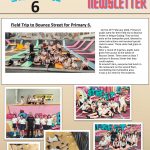

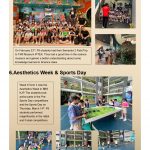


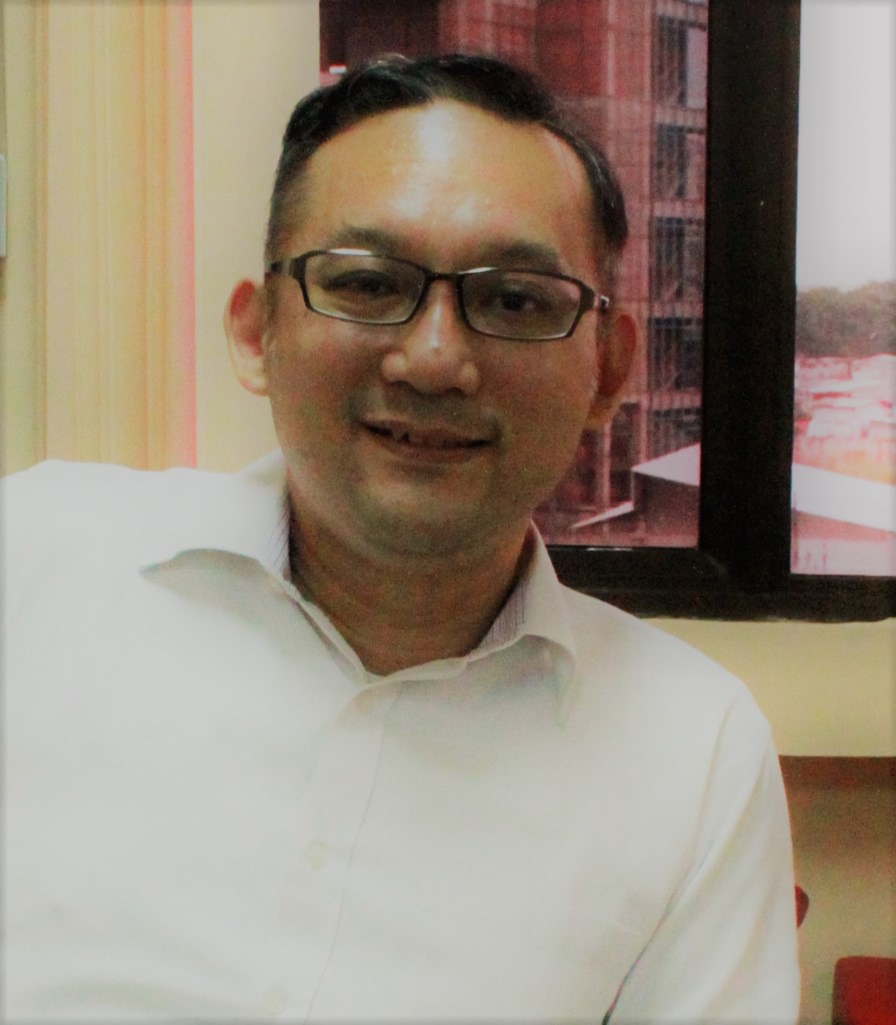
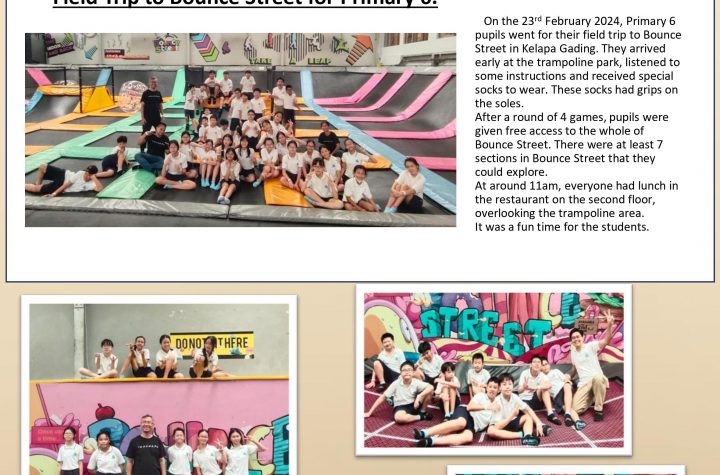
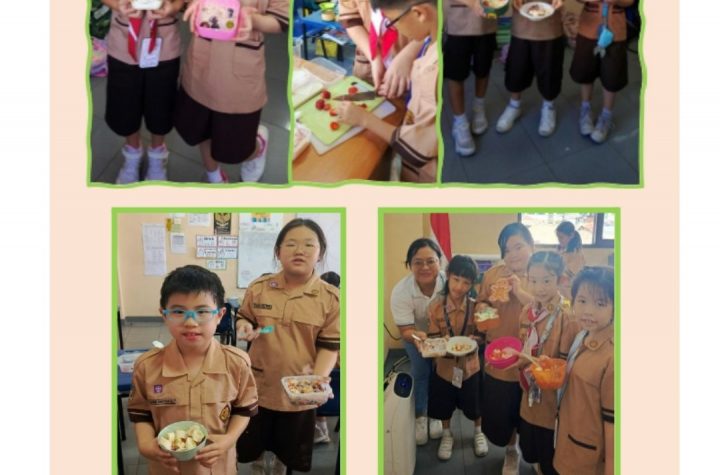
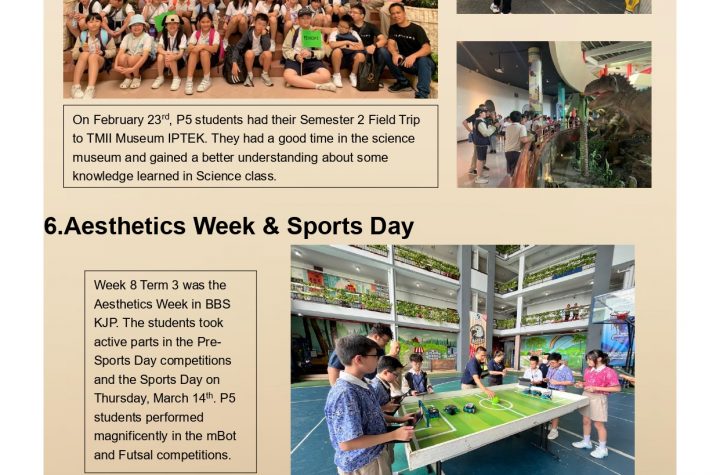
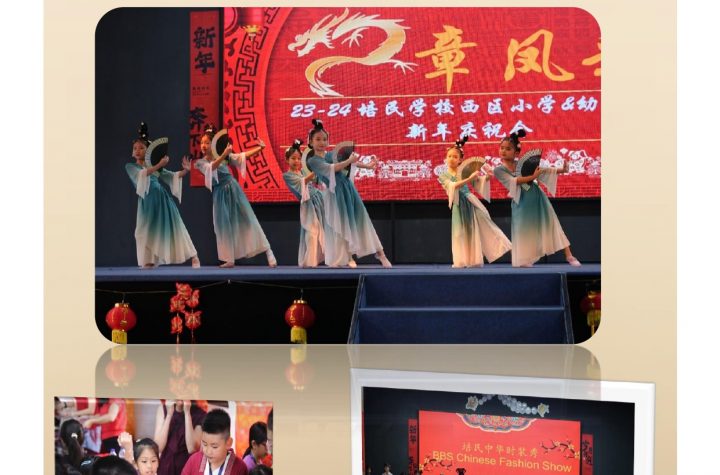
More Stories
BBS KJS e-Yearbook 2022-2023
Evelyn’s Personal Poster!
BBS KJS e-Yearbook 2021-2022